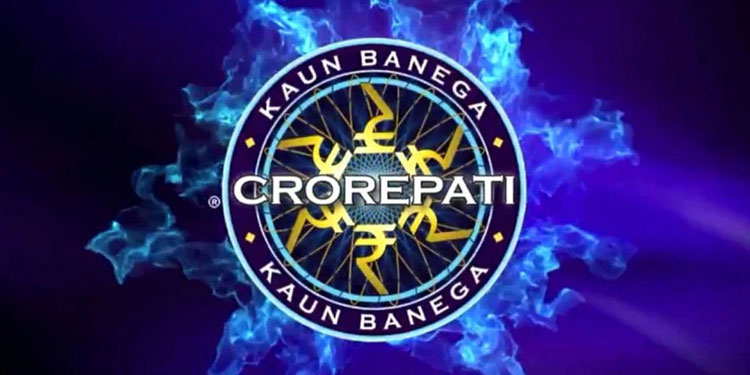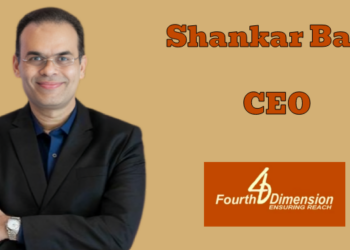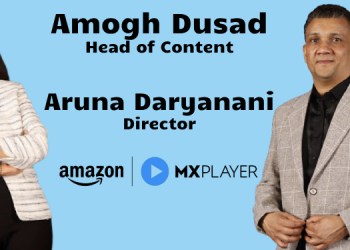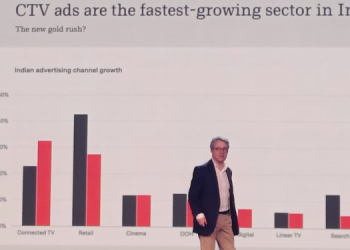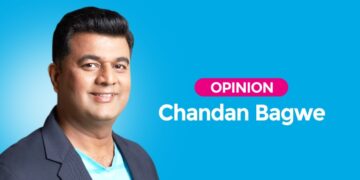New Delhi: The Supreme Court of India has overturned a verdict of the National Consumer Disputes Redressal Commission in which it had found Star India and Airtel guilty of indulging in unfair trade practices during the broadcast of Star India’s programme Kaun Banega Crorepati (KBC) in 2007.
In the case filed by a consumer society named the ‘Society of Catalysts’, the Commission was of the view that the program’s ‘Har Seat Hot Seat’ contest amounted to an unfair trade practice.
Through KBC’s ‘Har Seat Hot Seat’ contest invited viewers of the program to participate in an objective-type question contest, where the viewer was required to select out of four possible answers and send his answer in through SMS services offered by Airtel. A winner for each episode was then selected randomly out of those who sent in the correct answers and a prize of Rs. 2 lakhs was awarded to the winner. Though there was no entry fee for HSHS, a participant was required to pay Rs. 2.40 per SMS to Airtel – substantially higher than the normal SMS rate. The main allegations leveled against KBC’s ‘Har Seat Hot Seat’ contest were that it created a false impression in viewers’ minds that participation was free of cost, though the cost of organizing the contest as well as the prize money was reimbursed from the increased rate of SMS charges, and that profits from these charges were being shared by Airtel and Star India.
Consequentially, the NCDR Commission held that Star India had committed an unfair trade practice, as the prize money for HSHS was fully or partly covered by the revenue generated from the unjustifiably high SMS costs. Punitive damages of Rs. 1 crore were thus awarded against Star India and Airtel by the Commission
Subsequently, Star India had appealed to the Supreme Court where it contended that the Commission’s decision was based merely on inferences, speculation, and reliance on an uncorroborated newspaper report. It was also argued that there was no revenue sharing agreement between Star India and Airtel and that the only monetary flow between them was a periodic fixed lump-sum to be paid by Airtel under the services-cum-sponsorship agreement between the two parties. Furthermore, the imposition of a higher SMS rate was claimed to be justified on the basis that the transmission of SMSes to register options in a multiple-choice question game required special software and that this constituted a value-added service. Additionally, since Star India had conformed with relevant TRAI regulations mandating that increased tariff (for SMSes) be displayed on the television screen, no question of duping the participants arose; participants were thus duly informed of the increased SMS cost, while participation in the HSHS contest itself remained free of charge.
Subsequently, The Supreme court dismissed the Commission’s holding that the HSHS prize money was distributed out of the contest’s SMS revenue as baseless and unsupported. Further SC verdict observed that Airtel was merely a sponsor/advertiser and that the commercial agreement between Star India and Airtel dictated that Airtel would pay sponsorship charges while Star India would be independently liable for paying the prize money out of its own pocket irrespective of the revenue earned by Airtel.
The court further discredited the Commission’s reliance on the aforementioned Hindustan Times news report, insofar as the same was uncorroborated and not even produced before either the Commission or the court. Thus, in the court’s eyes, the complainant failed “to establish any direct linkage between the increased SMS tariff rates and prize money so as to show that the prize money was deceptively recovered in the guise of increased SMS rates charged to participants.”
Looking at the increased costs of SMSes for participation in the HSHS contest, the court found that the same constituted a value-added service as Airtel had to set up the hardware and software required for a contest of this format at its own cost. This was reinforced by the TRAI’s direction on ‘Premium Rate Services’ (dated 03.05.2005) issued by TRAI, in which it is categorically stated that televoting and participating in quizzes, etc. through SMS constitute a value-added service. Thus, the court dismissed the complainant’s argument that the appellants had wrongfully imposed additional SMS costs or wrongfully advertised the same as well.
The court, therefore, found that the Commission’s finding of an unfair trade practice was bad in law and accordingly it allowed the appeals and set the impugned judgment aside.

